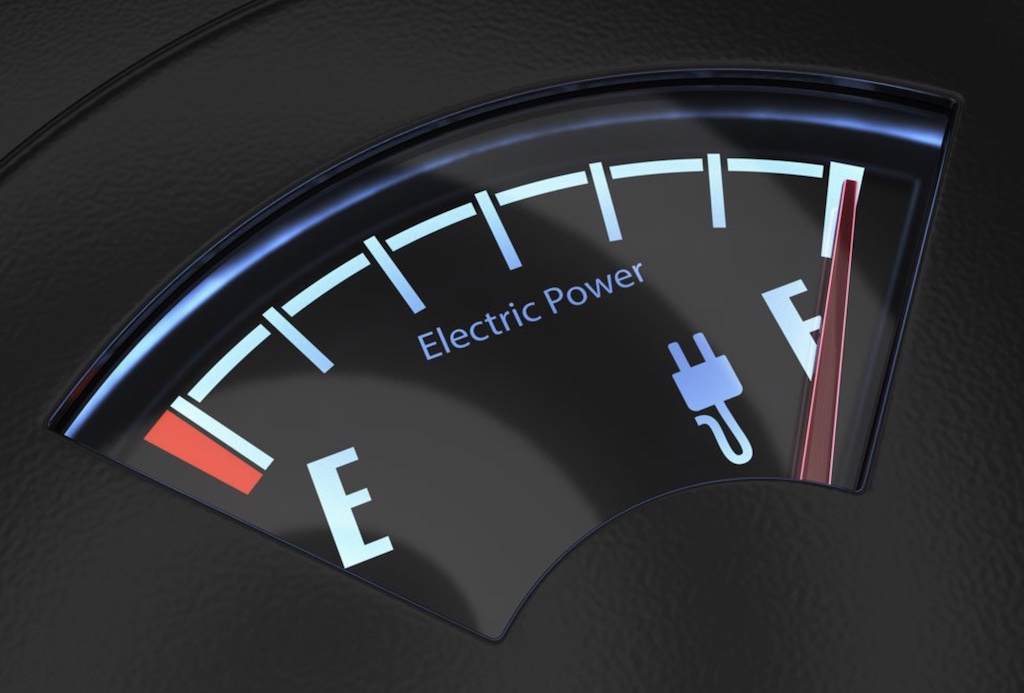During an interview on CNBC, Mike Jackson, CEO of AutoNation, one of America’s leading automotive retailers, stated that the range anxiety typical of electric car owners and users had become less of a concern.
One of the barriers to access the electric car is given by the fear of the leap of technology, such as the gasoline or diesel engine, which is part of the DNA of our mobility transmitted from generation to generation since the beginning of the 20th century towards electric mobility.
The fear of running out of battery has been identified on many occasions as an element that stops the consumer from leaping to the electric car. This, for a time, could make sense due to the reduced capacity to accumulate kilometers with a single charge due to the first pure electric vehicles that reached the market.
The reality of the current market, together with the increase in the charging network, is causing this fear to decrease due to the normalization of electric cars’ use daily.
This fact has been the focus of an interview on the “Squawk Box” program, where Jackson expressed how Americans have better understood how to maximize the benefits of electric vehicles.
For the CEO, “the fear of running out of autonomy is disappearing dramatically because users have discovered how to live with an electric car, how they are going to use it and seeing that it is not a problem”.
During the interview, Jackson emphasizes the reality of the people who have leaped to electric cars. “This is what they like: they buy an electric vehicle, and they say to us: You know what is excellent? I will never have to go to a gas station again,” said the veteran of the automobile industry.
The American manager transmits the impressions of the users of which he affirms that “practically use the car in a radius of 290 miles”, which shows how this fear of running out of batteries day after day is a thing of the past since the daily use of the car shows that these situations are more exceptional than usual.
The result of users’ custom with their electric cars that “every time they get home, they plug it in at night, and that’s it. That’s all. When morning comes, it’s fully charged, and they didn’t have to go to a gas station.
Not only does the CEO of AutoNation recount the benefits of the electric car, but large automotive groups in the United States have also confirmed these weeks a change, of course, that will be historic for what it represents.
General Motors late last month released its strategy to end production of all gasoline and diesel-powered cars, trucks, and SUVs by 2035.
In February, Ford announced that it was increasing its investment in electric vehicles until 2025. Under the mantra: “We are not going to give the future to anyone,” Ford CEO Jim Farley confirmed to the US network CNBC the intentions of the automobile giant.

